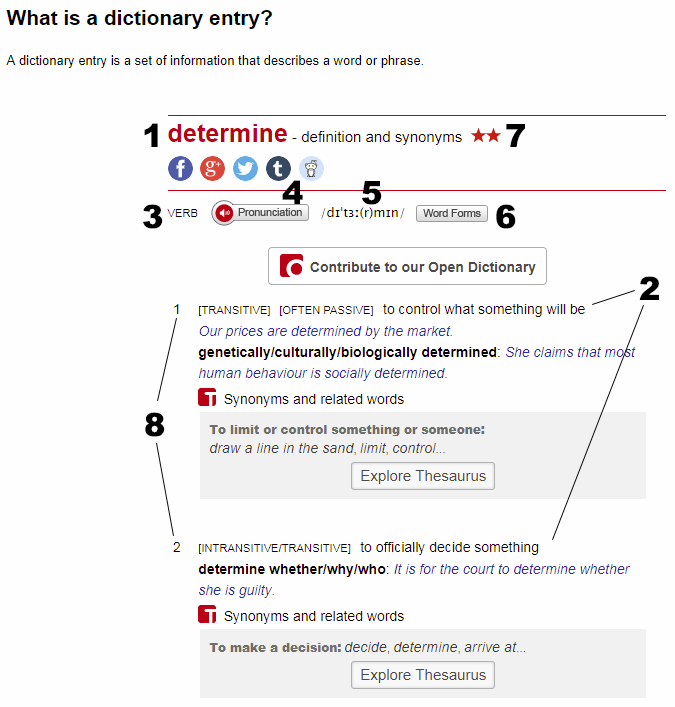Are Dictionaries useful for the IELTS Test.
Dictionaries contain a great deal of useful information about words and phrases – information that sometimes can be difficult to understand or use.
Often, dictionaries are not used to their best advantage, or the information’s not recorded effectively.
Reasons for using a dictionary
A dictionary is a very important tool for anyone who is learning a new language, but for IELTS it’s especially important for increasing your overall word bank for Reading and Listening, and ability to use synonyms in Writing and Speaking.
With a good dictionary you can:
- look up the meaning of a new English word you see or hear
- find the English translation of a word in your language
- check the spelling of a word
- check the plural of a noun or past tense of a verb
- find out other grammatical information about a word
- find the synonym or antonym of a word
- look up the collocations of a word
- check the part of speech of a word
- find out how to say a word
- find out about the register of a word
- find examples of the use of a word in natural language
To be a good dictionary user, however, it is not enough to know what to use the dictionary for.
You must also decide which is the best dictionary for any of the purposes listed above.
As well as this, you need to be able to find what you are looking for quickly; you need to be sure that you have found what you were looking for; and, most importantly, you need to know when to use your dictionary.
Knowing when to use the dictionary
If you look up every new word you see or hear, you will spend your whole day with a dictionary.
That’s no good as you can’t use a dictionary in the IELTS Test and it’s also extremely demotivating!
You have to be smart and choose the right words to check and the right time to do it.
Try to follow the advice below and you will become a much more efficient IELTS learner:
- When you find a new word while reading, finish the sentence (or even better: the paragraph).
- If you haven’t guessed the meaning and it still seems important, then you can look it up.
- To avoid interrupting your reading for too long, you should find its meaning in your own language using a bilingual dictionary.
- When you hear a new word in class (or the instructor has written it on the board), wait and continue listening.
- What the instructor says next may help you to understand the word.
- If you look in your dictionary, you will not hear what comes next, and this will make understanding the lesson more and more difficult.
If you think the word is very important, you could copy it from the board or write how you think it is spelled. - Then later you could ask the instructor or another student what it means.
Recently, one of my favorite electronic dictionaries I’ve been using in class is the MacMillian Dictionary and I’ve been encouraging my students to use it and record new words with it.
You can find the link here, and comprehensive information on using it well.
You can use tips and information on this website to help make it easier to obtain a higher score, but remember you still need to work at learning the language to be successful.
Please share to someone you know and in the meantime take a look at my Facebook Page and Website for IELTS answers and you can also join my Facebook Group here too.
Good Luck
Jonathan



